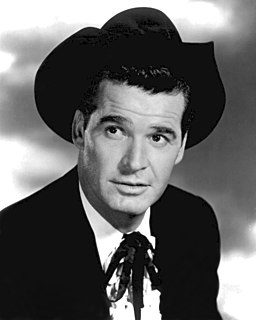A Quote by Chad Hurley
With YouTube - with the Internet in general - you have information overload. The people who don't necessarily get credit are the curators.
Quote Topics
Related Quotes
With tons of chaotic supply on the internet, you're going to have people who become very good at being curators or stylists. It's the same sort of people that I used to go to record shops for - I knew if certain people recommended something, it would be good. There's always going to be those people. It just depends on what they're called: curators or radio jockeys or bloggers.
If you do have to look at polls, you should do it no more than once every few days, to get a general sense of the state of the race. I've seen the work on information overload, which makes people depressed, stressed and freezes their brains. I know that checking the polls constantly is a recipe for self-deception and anxiety.
No matter how much it's growing, the Internet still is a pretty specific demographic. It doesn't necessarily represent the general populace. There is stuff that is blown up on the Internet that isn't hugely successful with the entire world, and vice versa. I don't put a tremendous amount of stock in it, but at the same time, you always want people to like what you're doing. Certainly, to have come from an Internet background, we want to stay faithful and have people be supportive and happy with what we're doing.
I don't think we should have less information in the world. The information age has yielded great advances in medicine, agriculture, transportation and many other fields. But the problem is twofold. One, we are assaulted with more information than any one of us can handle. Two, beyond the overload, too much information often leads to bad decisions.

































